A Jumbo approval
After two decades of controversy, Jumbo Glacier Resort has been given the green light by the Province
After more than 20 years of reviews, controversy and heated debate, the B.C. government has allowed for development of a ski resort on the Jumbo Glacier just west of Invermere. The final stamp of approval was given on March 20, 2012.
For many wildlife and environmental groups across the East Kootenay and the country, the news was a huge blow after a long and bitter fight against the proposal. No one felt it more than the Ktunaxa, the First Nations people who call the land a spiritual and sacred area and have long advocated the Jumbo Valley as an important corridor for grizzly bear.
However, many residents of the East Kootenay are rejoicing over the fact that one of the greenest ski resorts in North America will soon be landing on their back doorstep.
One man who is definitely celebrating a long-awaited victory is Grant Costello, senior vice-president of Jumbo Glacier Resort. The project had to pass multiple reviews over the years and the March 20 announcement signified final approval. A land-use decision in October of 2004 was especially significant, as it granted an environmental certificate. Once the master plan was approved in the summer of 2007, it was just a matter of time before a contract called a master development agreement was signed by the resort's proponents and the Province, finalizing a 21-year review process.
"Even though it was expected, at some point there was still a lot of uncertainty and in the end a sense of relief and accomplishment," said Costello. "The most rewarding part was the incredible community response and the hundreds of congratulatory calls, emails and greetings in Invermere."
The 250-acre Purcell Mountains resort, once fully developed, will include 23 lifts, a 3,000-metre-high gondola and a ski village. It will be about one-tenth the size of Whistler Blackcomb and will most likely be the only ski resort in North America that will not need to make snow.
The MLA for Kootenay East, Bill Bennett, has long proclaimed his support for the resort. Bennett and several Columbia Valley business owners and other officials travelled to France in February 2012 to promote the ski industry in British Columbia. Bennett paid his own way to France to meet with investors there, who have expressed great interest in the resort.
Then in March 2012 the French technical team, representing five different French companies, came to have their first real look at the Jumbo Glacier. They came to determine the scale of the project by means of a site visit.
"They were profoundly impressed," said Bennett. "They recognized that there are very few places in the world that have the combination of features that this particular location has. It has good weather, lots of sun and lots of snow, which is an unusual combination. The base is at 5,500 feet. When you have the base of your ski resort at 5,500 feet, it means you don’t have to make snow. Plus, you have five large glaciers to ski on, so the fundamentals are there for a very successful year-round resort. But they have a long ways to go. This was just a preliminary look."
Costello was also very excited to welcome the French technical team to the East Kootenay.
"They were here to evaluate opportunities for their companies in British Columbia," said Costello. "They skied several glaciers in the Jumbo Glacier Resort controlled recreation area and one glacier in the Premier Range near Valemount. Along the way they visited and skied Panorama Mountain Resort, Kicking Horse Mountain Resort and Lake Louise. They left full of excitement and enthusiasm and with a positive outlook on our mountains and our region."
Development of a ski resort on Jumbo Glacier, an issue that has divided the East Kootenay community for decades due to both environmental and spiritual beliefs, must include consideration of 195 environmental conditions.
"If you go through the conditions, you will see that most deal with First Nations and the environment," said Costello. "Most conditions on the environment involve management plans which were required to be completed as part of the master plan review, which ended in 2007."
For example, one condition requires developers to hire an independent expert to monitor road construction for archaeological impacts in areas of moderate to high archaeological potential. The study must be done prior to road construction and Jumbo Glacier Resort has stated it will be hiring one person for this study.
Another condition is to monitor the potential direct and indirect effects of the project on the central Purcell Mountain grizzly bear population. The resort will be hiring one or two people to be responsible for baseline grizzly bear studies.
Other conditions include working with interested First Nations to develop a comprehensive employment development program to target skill and job readiness training for youth, adults and potential entrepreneurs or small business owners in the region. In addition, the developers must inform third-party developers and investors in order that they clearly understand and co-operate in the economic and employment participation of First Nations people in the project.
However, Kathryn Teneese, chair of the Ktunaxa Nation Council, is not convinced that deep-rooted issues with the resort can be resolved.
"There was no reference to the fact that we indicated that this was a spiritually sensitive area," said Teneese. "And we had also suggested that there is nothing that can be done to mitigate that and it appears because we said that no effort was made. The most disappointing part is (that) the impact on Ktunaxa culture was not part of what people are thinking about with respect to this project moving ahead."
Teneese said she is aware that the environmental conditions require a lot of discussion with First Nations. She said, however, that one of the Ktunaxa Nation's main concerns is the grizzly bear and that any development will cause suffering for an at-risk population.
"We’ve been advised that the grizzly bears in that area are on the verge of being designated endangered," said Teneese. "I would think that what we should be looking at is every effort that we can to ensure their habitat is undisturbed."
Costello said more than 80 per cent of the conditions of development involve First Nations and that the resort will continue to be open to dialogue with the Ktunaxa and hope to sit down with them at the earliest opportunity.
The Province has stated the project will attract $900 million in investment and create 750 permanent jobs.
The architect and lead designer of the resort, Oberto Oberti, has said Jumbo Resort will be a piece of paradise to be enjoyed by all.
"We cannot build mountains," Oberti told Costello, "but we can give access to them, and the experience is similar to that of a cathedral, but in reverse: opening physically a spatial relationship to the sky."
Costello said no construction will take place at the site in 2012, but stated developers intend the resort to be open for skiing and sightseeing by December 2014.
"This project has always had strong fundamentals and speaks for itself, whether it is the fact no snow making will be necessary, the five large glaciers, the spectacular high mountain views or the number of sunlight hours," said Costello. "There are many companies in the world that would appreciate the opportunity to develop the most attractive all-season ski resort in North America. The hard part has been getting the approvals from government."

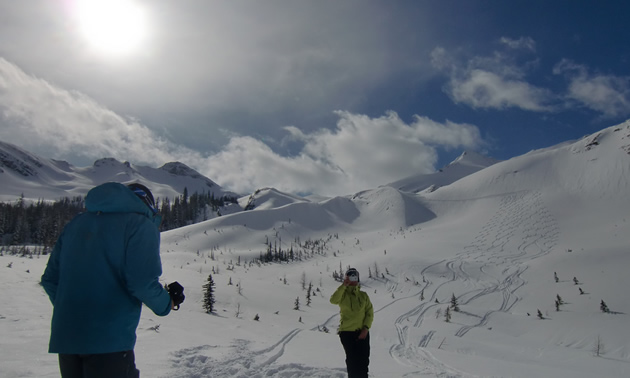
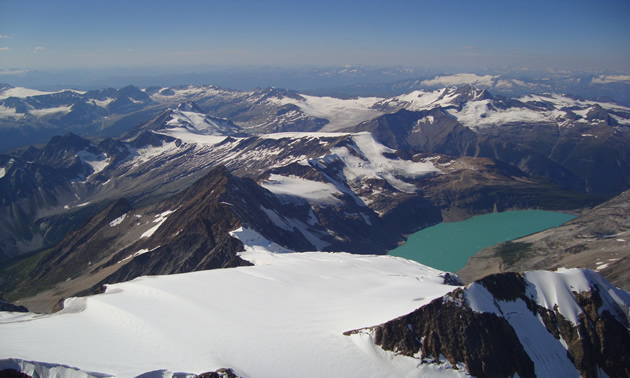
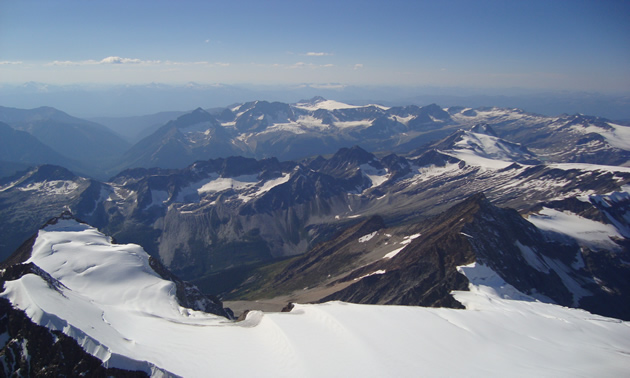

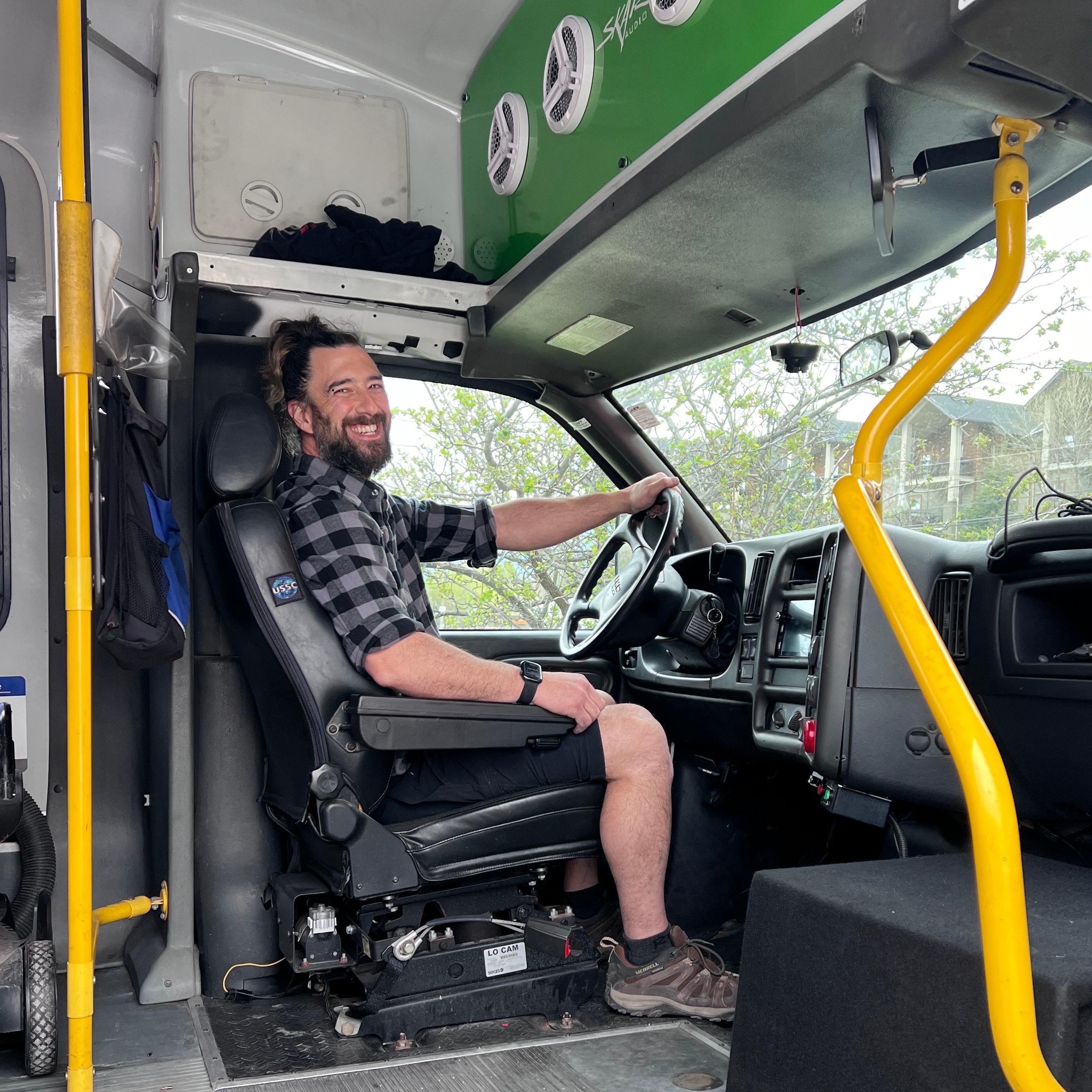
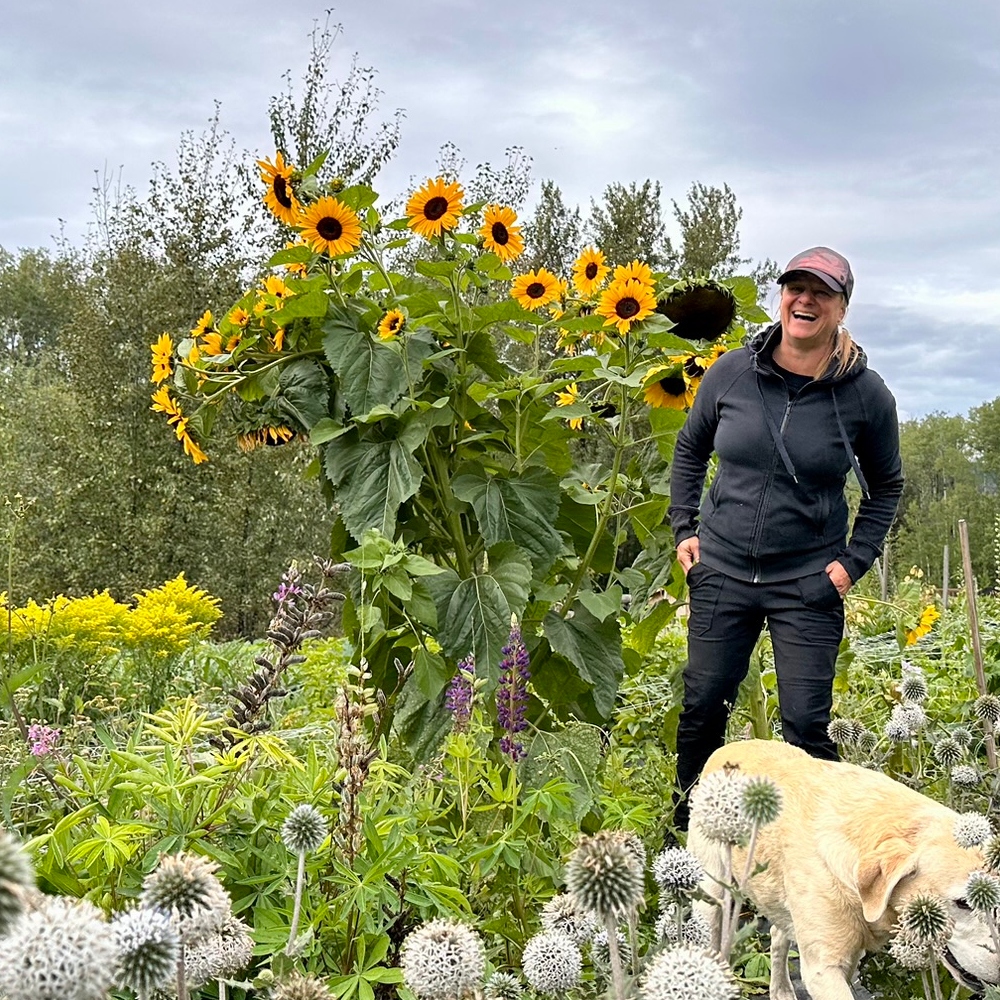


Comments